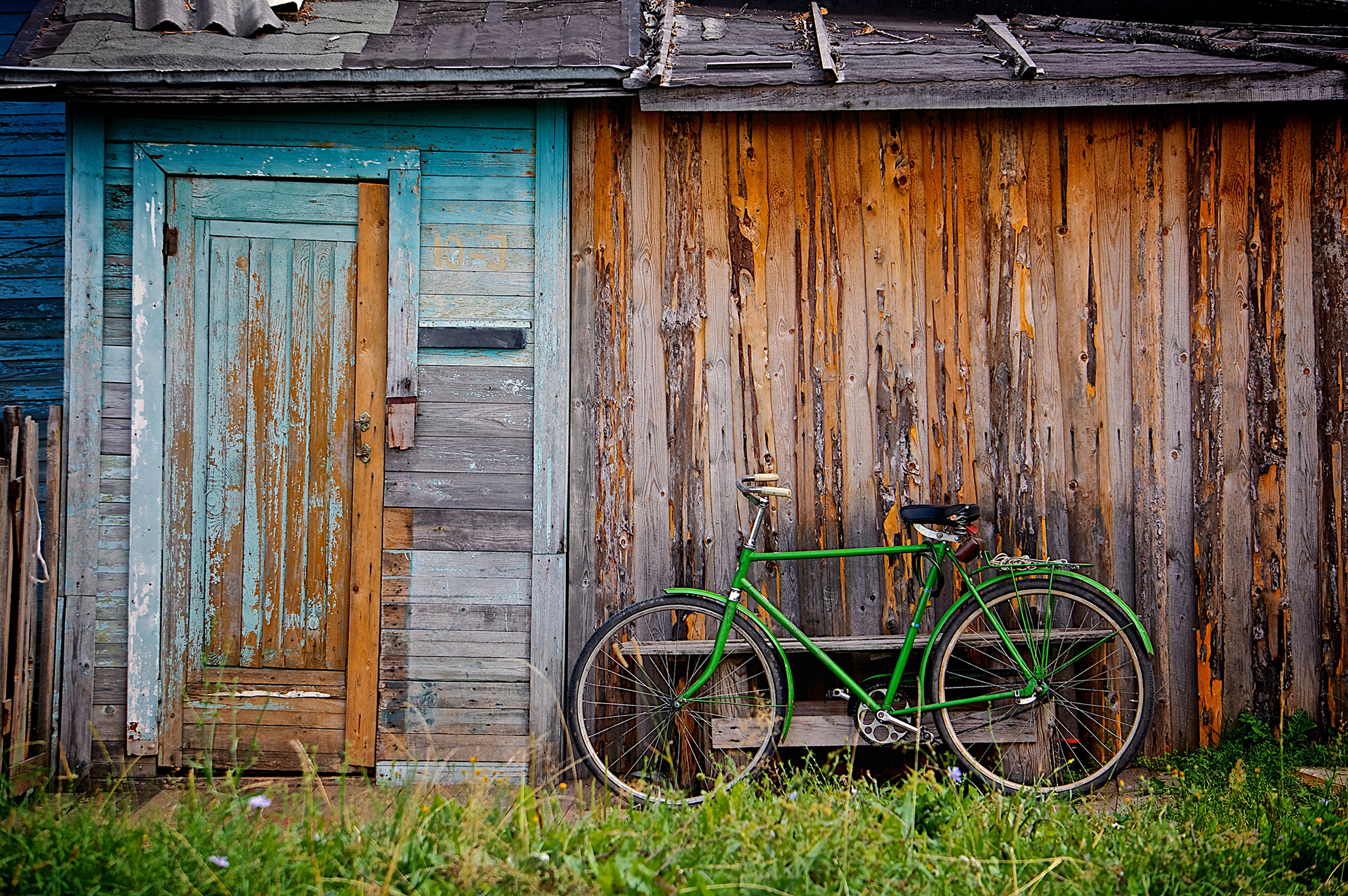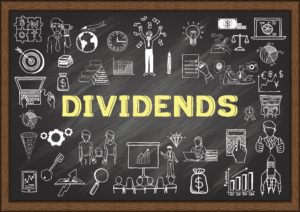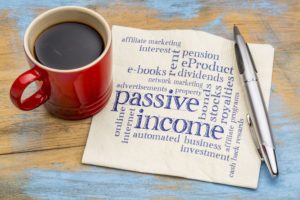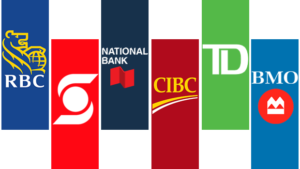Here we are at the end of another decade, and what a last year it has been. I think we will all want to put this last year behind us and hope for a time of health and continued prosperity.
It has been 9 months since my last post. The pandemic was just starting and talking finances just did not seem so important. I had just returned from a vacation trip in South America at the end of February and we were looking forward to a trip to Europe in the summer. As we all found out, life changed. How do we adjust to something so unfamiliar? Seems like most of us went walking a lot more than we had ever done before. Golf is something I do, but that too stopped for 6 weeks. Then our course opened and at least we have golf, though there were a lot of COVID rules to adhere to. This led to many more rounds than I have ever played in a year before. As with a lot of homeowners we also got to more projects around the house. We built a patio cover behind our new house (built in the first year of retirement) so we can BBQ without getting wet in the BC rains. I noticed also how our household and landscape expenses were much higher this year. But there was not much in the vacation line. Visits with friends and neighbors on the driveway were a new thing that were part of the adjustments. We have all stayed healthy so far and hope for a better year ahead.
How is the financial retirement plan working?
We planned 20 years ago as to how to invest for retirement. That plan was to buy solid companies with track records of continually paying dividends. I believe that a company that has been around for over 100 years and paid dividends through all kinds of ups and downs, is worth owning. We will miss out on some great companies, but overall returns will still be good. To get an idea on how Canadian dividend stocks have performed see this and other articles from dividend strategy.ca. BTSX after bear markets — (dividendstrategy.ca)
Now I realize that my way of thinking does not work for everyone. I am writing from a baby boomers’ perspective that has built up a decent net worth. A younger person will encounter quite different circumstances and must allow for these differences. (There are many blogs out there were you can find more info on this.)
After building and believing in our chosen path for 17 years, it was time to stop working. No changes to the dividend income plan were necessary. The only thing that changed was that we stopped re-investing dividends. And now after almost 3 years of retirement we have made only a couple of very minor adjustments to the portfolio. That includes these last 10 months of the pandemic. Total return for 2020 as of December 11th is just in the black. Dividend income is already 5% higher than 2019.
Asset Allocation
Whenever the subject of investing comes up, it usually does not take long to get to asset allocation. Canadian Equities, US Equities, Emerging Markets, Fixed Income. These are the prevalent ones, although there are others. Conventional wisdom has been for a long time that the percentage of fixed income needs to match your age. 60 years old you should have 60% of fixed income. Fixed income is supposed to buffer you through the rough patches when equity prices go down. This was valid for a long time when interest rates were much higher than dividends. But now they are not even keeping up with inflation. Is that still a good bet when you are losing money on a large portion of your portfolio? Fixed Income is still a good investment to keep your holdings totally safe. Just do not look at them to make you anything.
But you still want to make sure you have a backup plan in case everything collapses. I have thought about this a lot and realize that our economy as we know it could change dramatically with the way our politicians are acting. Hopefully, we can get this pandemic behind us soon and resume life as we knew it.
We still believe that company and government pensions are safe and that is part of the backup plan. A small pension from my employer, CPP, and OAS. These are enough to cover the basics. We have a paid-for house so we could make it. And there is a home equity line of credit to access immediate cash.
What is a safe Withdrawal Amount?
What is a safe amount to draw out of your investments each year, so you do not run out of money? Conventional wisdom again tells us we must have rules. 4%, 3%, 5%, what is a safe amount? Too complicated for me.
We take all dividends out if we need them and the number of shares held remains the same. This can last forever. If you need more, you could consider selling some shares in good years when to market is up but make do with less when the markets are down. It does not have to be the same every year. The line of credit is a wonderful thing. When a large expense comes up, like buying a car, we pay for it in cash and then pay off the loan with dividends. When the line is paid off, we use the extra cash to buy more shares. We have never held cash just to see what will come up. You can then also sell these extra shares later if something comes up.
I have chosen to wait with CPP and OAS till age 70 and use up more from the RRIF to keep our income lower for tax purposes. We are also drawing out extra amounts out of the RRIF accounts over the next 10 years to make the tax burden a bit less for our heirs later. That means we must pay more in taxes now every year but there will be less of a lump sum at the end.
Emergency Fund – Cash Reserves
A lot of bloggers and financial advisors believe we need to have 2 to 3 years of cash on hand in retirement. Just in case something goes wrong. As with most things, I have a different view.
Why sit on cash that earns you nothing while you wait for something to go wrong? Things sure can change and now with this pandemic it is even more likely. But as I said earlier, we do have a backup plan and dividends from banks and utility companies should remain reasonably safe even in these uncertain times.
Tax Tip
After another successful year in the market hopefully we have a little left for a worthy cause. There are so many charities helping the less fortunate that need our help. Consider giving some equity shares. If you hold companies that have gone way up in value, there will be capital gains tax to be paid one day. If you give some of these to charity instead of cash, you get more bang for your buck. You get a tax receipt for the total value of the shares and pay no capital gain.
Have a great festive season everyone.



